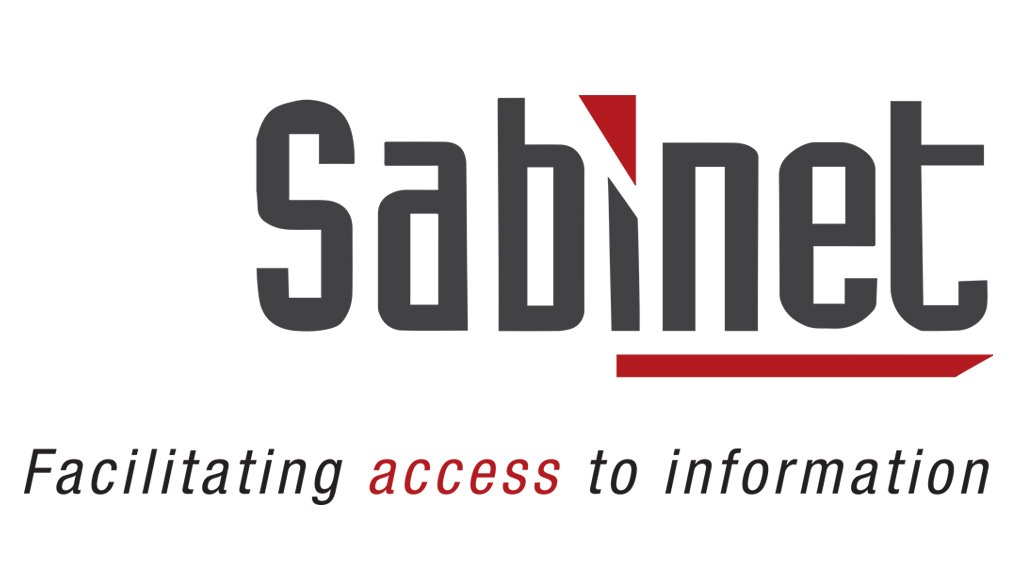The South African Government, via the Department of Finance, has announced the implementation of the new General Laws Amendment Act. President Cyril Ramaphosa signed into law the General Laws (Anti Money Laundering and Combating the Financing of Terrorism) Amendment Act, 2022. This is a significant step towards addressing identified deficiencies in the Anti Money Laundering and Combating Terrorism Financing laws.
The amendment will be executed in two phases and the following dates are of importance:
29 December 2022
The first phase began on 29 December 2022. This dealt with sections 9, 10, 16, 18 to 55, 59, and 62 to 65 of the Act.
01 April 2023
The second phase is set to begin on 01 April 2023, and will involve sections 1, 3, 4, 5, 8, 11 to 15, 17, 56, 57, 58, 60, and 61 of the Act.
The General Laws Amendment Act amends five different Acts:
- The Companies Act, 2008
- The Financial Intelligence Centre Act, 2001
- The Financial Sector Regulation Act, 2017
- The Non-Profit Organisations Act, 1997, and
- The Trust Property Control Act, 1988.
The purpose of the new act is to address any shortcomings in the current legislation that deals with combatting money laundering and terrorist financing. This aims to align South Africa with the standards set by the Financial Action Task Force (FATF).
The Act grants the government a wider authority to regulate access to private information–especially regarding trusts–with the goal of disclosing the beneficial owners and ultimate controllers of trusts, companies, and non-profit organisations.
The FATF, of which South Africa is a member, conducted a peer review in 2019 and produced a Mutual Evaluation Report on South Africa’s implementation of FATF’s 40 recommendations against money laundering and 20 of the 40 FATF standards, and afforded the country until October 2022 to correct its shortcomings to avoid being greylisted. Being greylisted would subject local companies to increased scrutiny and create a challenge for countries to conduct business in South Africa.
As the implementation of the new laws commences, legal practitioners, business owners, and other stakeholders will need to stay up to date with the latest developments in the legislation and regulations. One way to do this is by using services such as Sabinet, which offers a comprehensive repository of laws and associated documents. Sabinet provides a treasure trove of legal information, African research, and South African news dating back 112 years, with taxonomy and search technology that allows this breadth and depth of data to be retrieved quickly and easily through a single interface.
Sabinet's Customised Monitoring Service (CMS) monitors activity to provide its customers with summaries of amendments to Acts when they occur. Sabinet’s NetLaw subscribers benefit by receiving a consolidated version of amended Acts, which saves valuable time and money by offering peace of mind in knowing that you have the most relevant, up-to-date information at your fingertips.
Users of Sabinet can easily find and access the information they need to understand and comply with the new anti-money laundering and terrorism financing laws. In addition, Sabinet offers an easily navigable interface, making it quicker and easier to find the specific laws and regulations that are relevant to the user and to quickly identify any changes or updates that have been made to the legislation. This is especially important for legal practitioners, as it allows them to stay abreast of the latest legal developments and ensure that clients are also in compliance with the new laws.
Finance minister Enoch Godongwana said the general laws amendment bill will address 14 of the 20 anti-money laundering deficiencies identified by the FATF. Godongwana added that "Avoiding potential greylisting is not the responsibility of a single department or government. It is a collective responsibility."
The FATF will decide, in February 2023, if South Africa has done enough to avoid being greylisted. Some legal experts have expressed doubts about the effectiveness of the new laws in addressing the issues without creating more problems or adding complexity. However, with services like Sabinet, legal practitioners and business owners can stay informed and be better equipped to navigate the new laws and regulations.
Submitted by Sabinet
EMAIL THIS ARTICLE SAVE THIS ARTICLE ARTICLE ENQUIRY
To subscribe email subscriptions@creamermedia.co.za or click here
To advertise email advertising@creamermedia.co.za or click here











